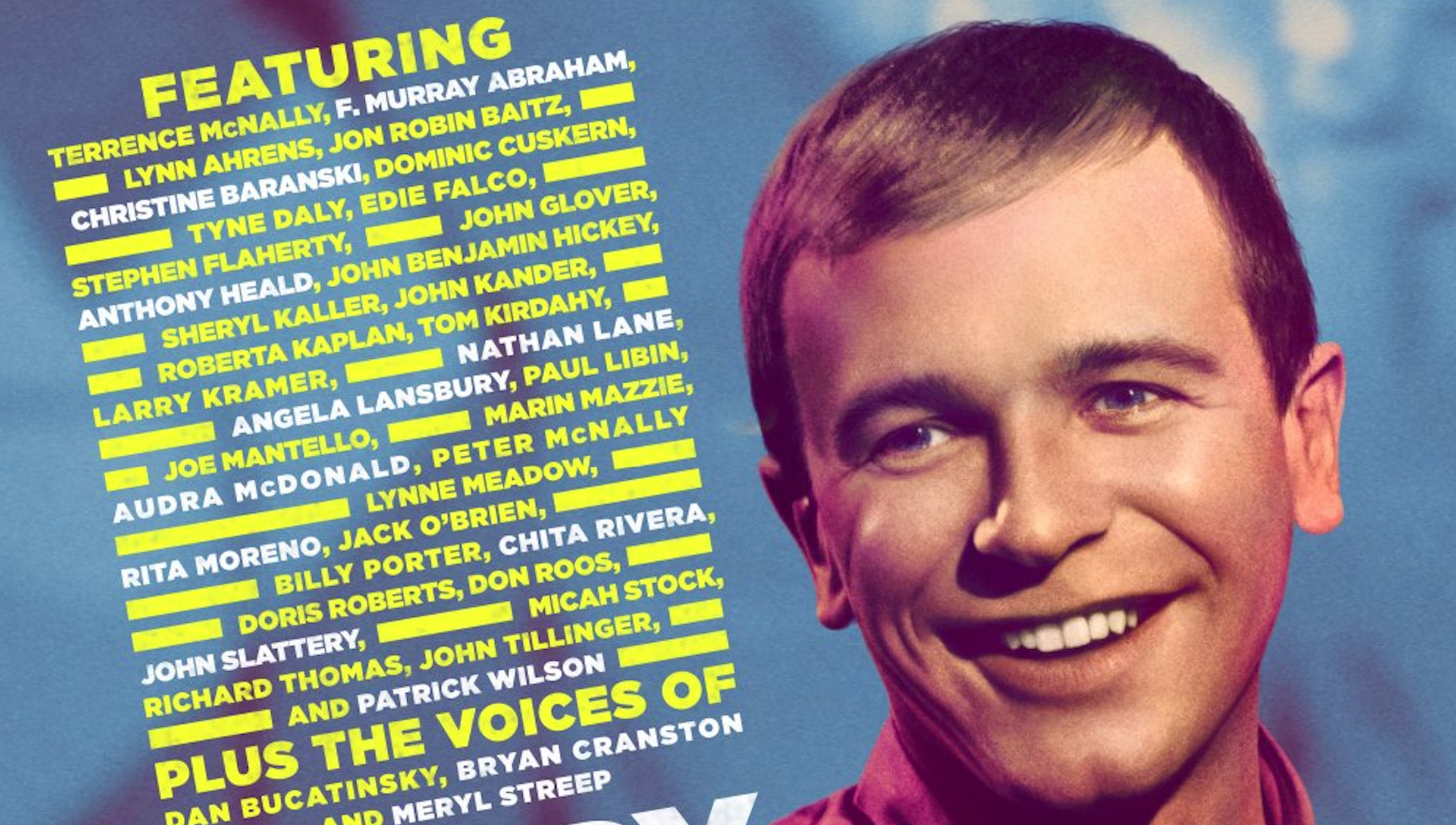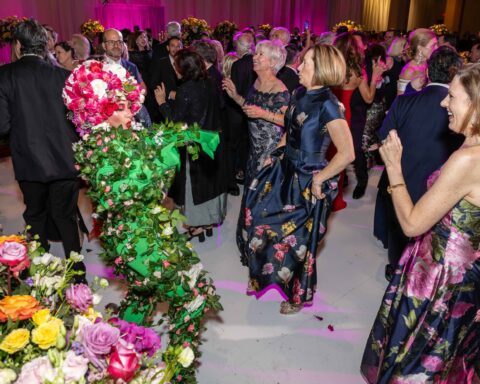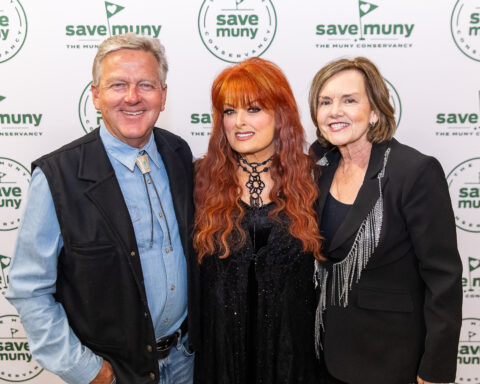When he brought his last play, Immortal Longings, to Texas to run at the ZACH Theatre in Austin, Corpus Christi native Terrence McNally shared his lifelong career of sophisticated playwriting that so many have come to expect from the Tony Award-winner. Here, Rob Giardinelli and Lance Avery Morgan share an exclusive peek inside McNally’s myriad of talents.
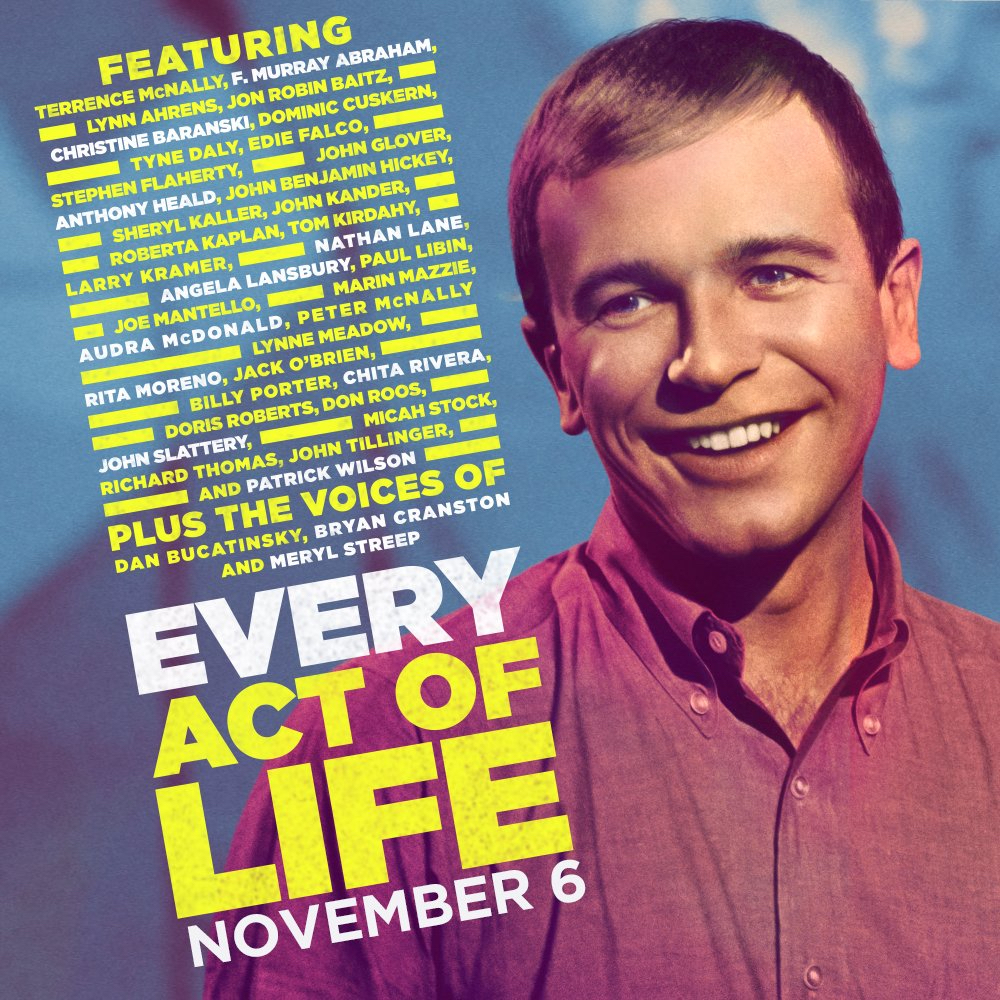
In an address to members of the League of American Theatres and Producers Terrence McNally remarked, “I think theatre teaches us who we are, what our society is, where we are going. I don’t think theatre can solve the problems of a society, nor should it be expected to. Plays don’t do that. People do. But plays can provide a forum for the ideas and feelings that can lead a society to decide to heal and change itself.” Some of his hits included Ragtime, Kiss of the Spider Woman, The Full Monty, Catch Me If You Can, and the Broadway play, Anastasia. It’s safe to say that most theatre aficionados considered him the greatest living playwright in America for good reason.
Terrence McNally’s real artistry was revealed and revered by his gentle manner. In the performing arts world, his work was about as close to a sure thing hit as it gets, and to many, while in his 80s. With McNally’s production at ZACH Theatre, overseen by Producing Artistic Director Dave Steakley, he took the audience back to the world of the piece, originally titled Fire And Air, to explore the rich history of the great Russian impresario Sergei Pavlovich Diaghilev and his legendary Ballets Russes. Many know that Diaghilev introduced the world to such revolutionary artists as Nijinsky, Stravinsky, and Picasso. In fact, as McNally is quick to note, “Few plays are flawless at their world premiere. Plays are not written, they are rewritten. I knew in New York that the play was not finished to my satisfaction, and I was grateful when ZACH invited me to finish my work on the play with a new director, a new cast, and most importantly, a new text. A change of title, even after a first production, is not an unusual part of a play’s journey. After all, Away We Go in Boston became Oklahoma! before Broadway.”

McNally’s written word has been performed by some of the most prolific theatrical talents of our time. “Theatre is collaboration,” McNally is quick to point out. “I’ve had wonderful actors, directors, and designers to work with, and Nathan Lane is a good example of a young actor I’d seen in a Noel Coward play. I thought he was absolutely brilliant in it, so I thought, I want to work with this guy.” They’ve worked together often to great acclaim for both. When McNally won a Tony for Master Class, Zoe Caldwell performed as the legendary operatic diva Maria Callas (tutoring the young ingenue Audra McDonald) that was based on his impression of seeing her perform when he was 17. With John Glover, who triumphed in the lead role in Love! Valour! Compassion!, McNally also won a Tony.
The playwright’s unabashed authenticity was palpable in our conversation–likely the reason some of the most superb talents of our time work with him repeatedly. Chita Rivera, whom we caught up with at McNally’s eight-decade birthday celebration, commented, “Almost everything that comes out of my mouth is his words,” referring to their many winning collaborations on Broadway.
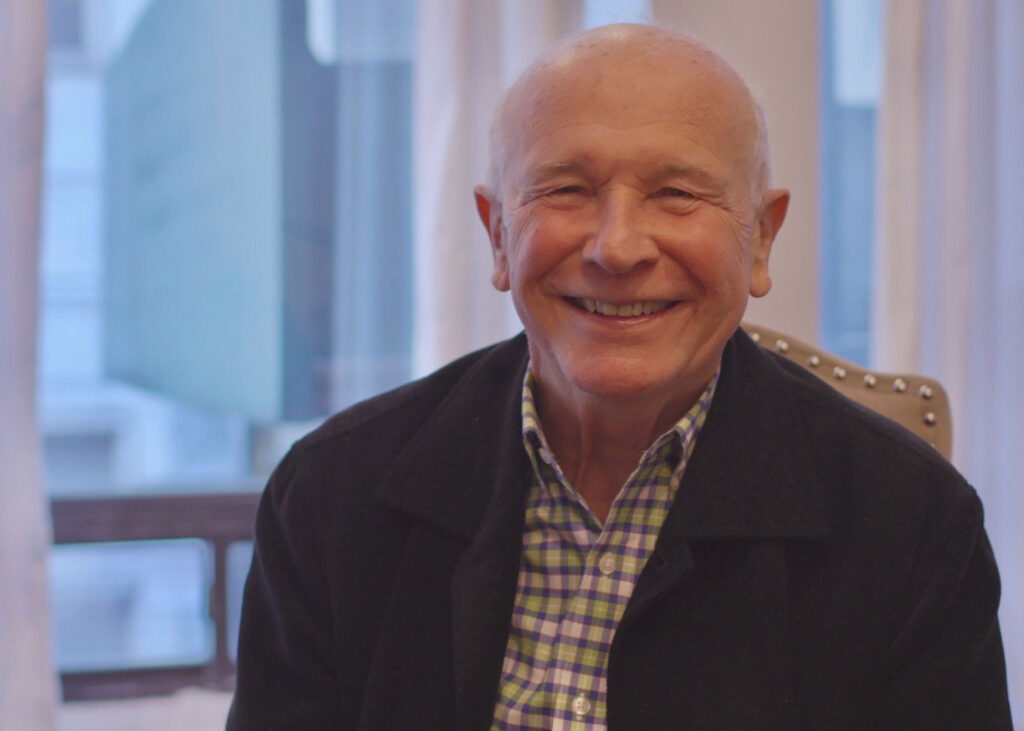
McNally was frank about discussing his life of growing up in a small Texas town, and the documentary about him, Every Act Of Life, explored the world of McNally’s ups and downs. As a gay, Catholic son of an alcoholic father, his youth was difficult, and he was quick to admit that it fed his need to create art beyond his surroundings. So it was a full circle moment when he wrote Corpus Christi, a modern-day retelling of the story of Jesus’ birth, ministry, and death. With the new reincarnation of Immortal Longings, McNally’s hopes were high. “Oscar Wilde said, ‘Be yourself. Everybody else is taken,” states McNally, and he followed his advice to create a deep level of genuineness in his writings. McNally’s Texas ties also remain strong, and his career-related collection is housed at the Harry Ransom Humanities Research Center at the University of Texas.
“I don’t think artists live their lives in vain,” he confides. “If you reach one person in a thousand and you’re an artist, you could consider yourself repaid fully by one person in a thousand. I mean not everybody wants to be a writer or a painter, but if you can reach one person to expand their horizons, you’ve met your goal as an artist.”

